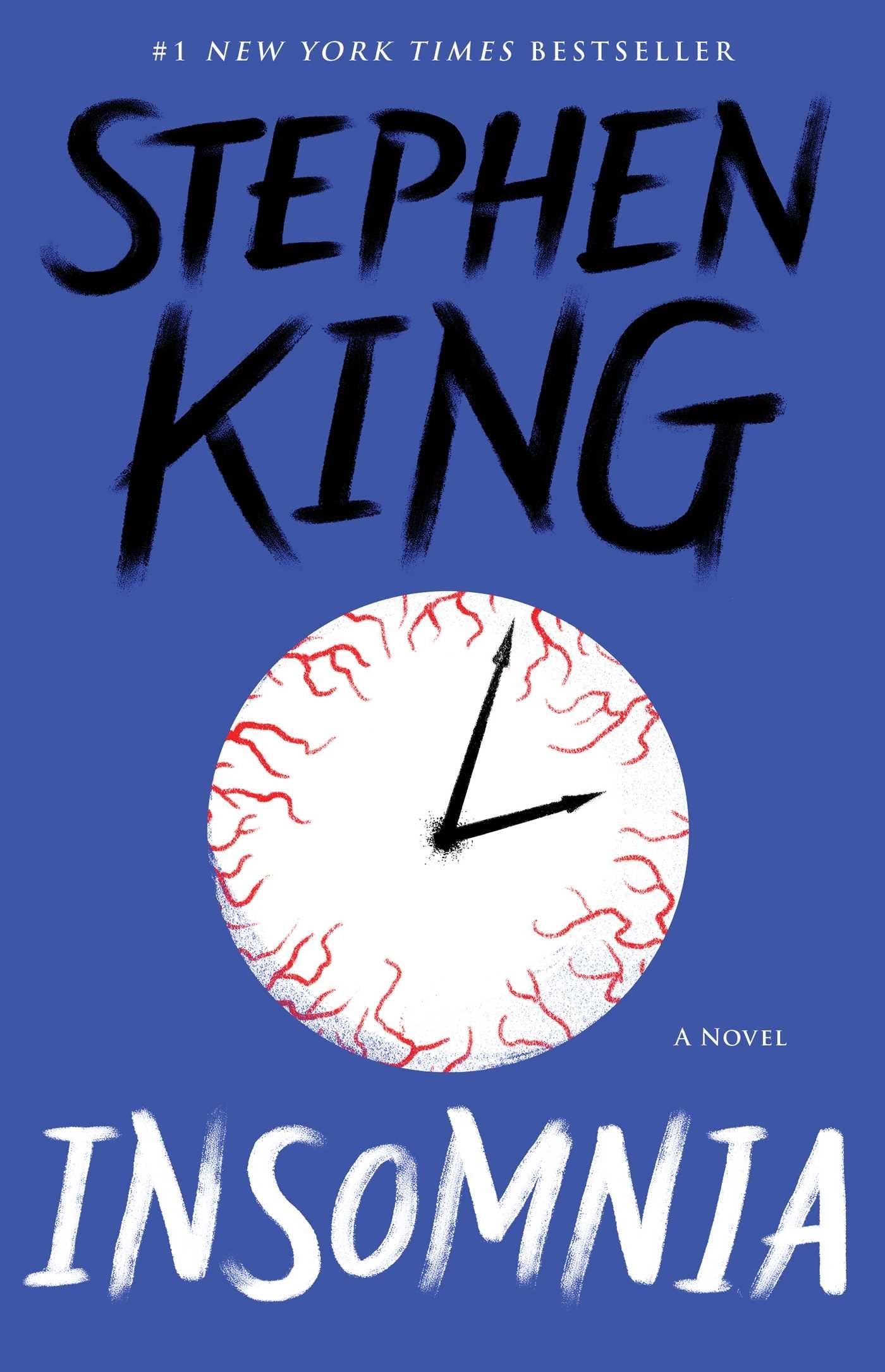Cassandra Pearson is a blogger and horror fanatic. Her website, Monkeycstars, regularly provides articles and videos on all things horror, primarily focussing on films, television, and literature. As a fan of her website, I contacted Cassandra and asked her about her unwavering love of horror. This is what she had to say...
Martin Made Me Eat Brains
By Cassandra Pearson
For as long as I can remember, I’ve been totally obsessed with horror. When I was a little girl, my dad never brought home Disney movies—he brought me a new horror movie every night. I freaking loved it! I like being scared; and horror films and books are a safe way to experience that terror. In recent years, zombies have moved up on my favorites list of monsters.
When it’s dark in the house or there are no streetlights outside, I start wondering if a zombie apocalypse is under way. If there were a zombie apocalypse and the zombies were slow, like in Night of The Living Dead, then I'd probably stand a chance of surviving. But If they were fast, like in 28 Days Later, then I'd probably just double tap myself and call it a day.
When it comes to books, I love reading paranormal romance, supernatural, thrillers, and horror. GoodReads is a website where I often discover great books and authors. I first came across Martin's debut novel, Inside the Outside, by searching the Goodreads Giveaways page. Initially, I was drawn to the cover of the book; it looked like an alien with a meat cleaver and that image got me to read the blurb. Turns out it was about a cult of cannibals—yes please!
I went to Martin's website and found that he posted Inside the Outside in serialized form, so I began reading it. I was eating the pages up and when I reached the end and realized there was more to the story that hadn’t yet been posted, I went a little psycho. I immediately bought Inside the Outside, finished it, and became so obsessed with the story that I contacted Martin and asked him if he'd write a guest post on my blog.
I told my friend, Marsha, about Inside the Outside and we had lengthy discussions about it. All the cannibalism put brains on my mind; since I was a kid, I've always been curious about the taste of brains. Marsha suggested I buy brains from the store, so the very next day I went on a search and found brains at a beat up old Food Lion.
I immediately went home, put on my gear, and fried me some brains and eggs. I can’t cook and I probably didn’t have it on the stove long enough, but I figured if some people could eat it raw, a little undercooked brain wasn't gonna kill me. I thought it would taste foul, like bad breath or something—don’t ask why I think these things; it’s kinda like how I imagine water tastes like sick people—but brains actually taste like sausage.
Obviously, if a story pushed me to do all that, it has got to be pretty freaking good. With that in mind, I was so excited when Martin announced he'd soon be publishing his second novel, The Vampire, The Hunter and The Girl. You see, along with zombies (and now cannibals) I love vampires!
Martin published the first two chapters of his forthcoming novel, "Adam & Olivia" and "Jesus the Mexican Vampire Hunter," and, of course, I read them immediately and now I’m dying for him to hurry up and publish the whole book. I’m already expecting to be shocked, crying, screaming, and cringing; all the things that happened to me while reading Inside the Outside.
What can say? Horror is my love. You won’t find any romantic comedies in my stash—they give me the creeps.










